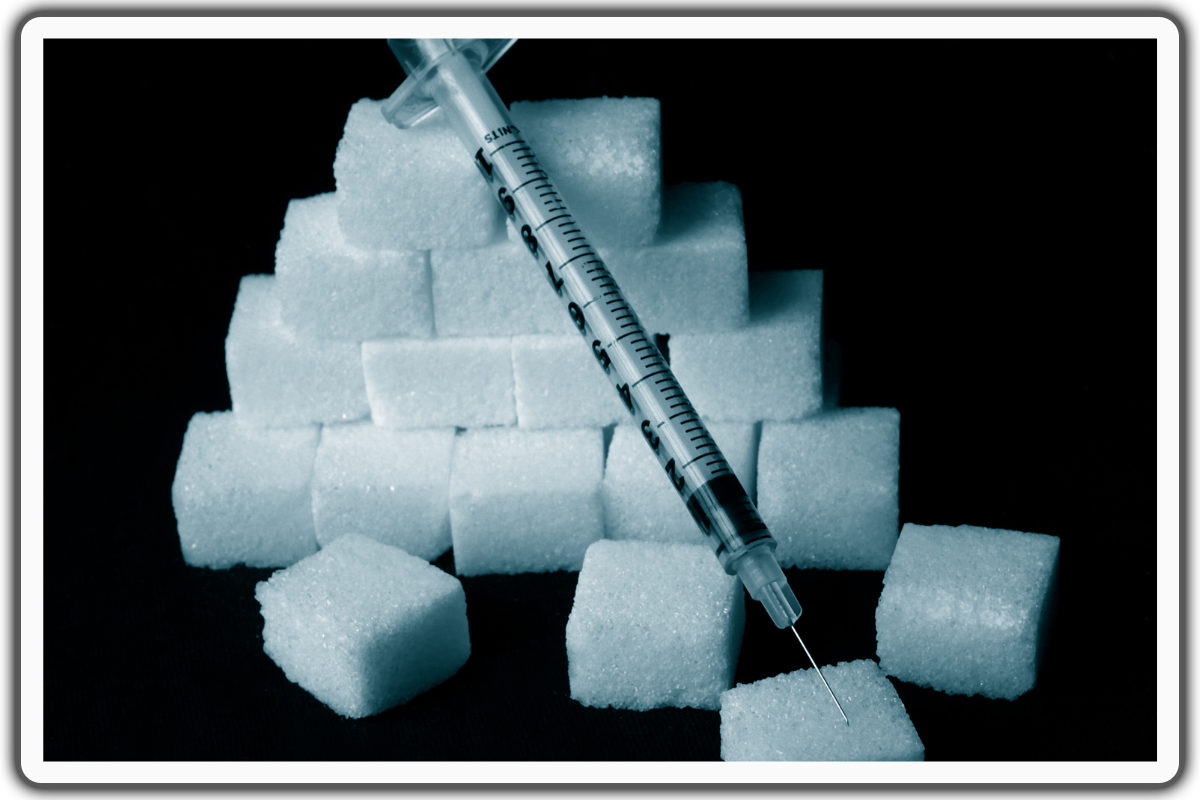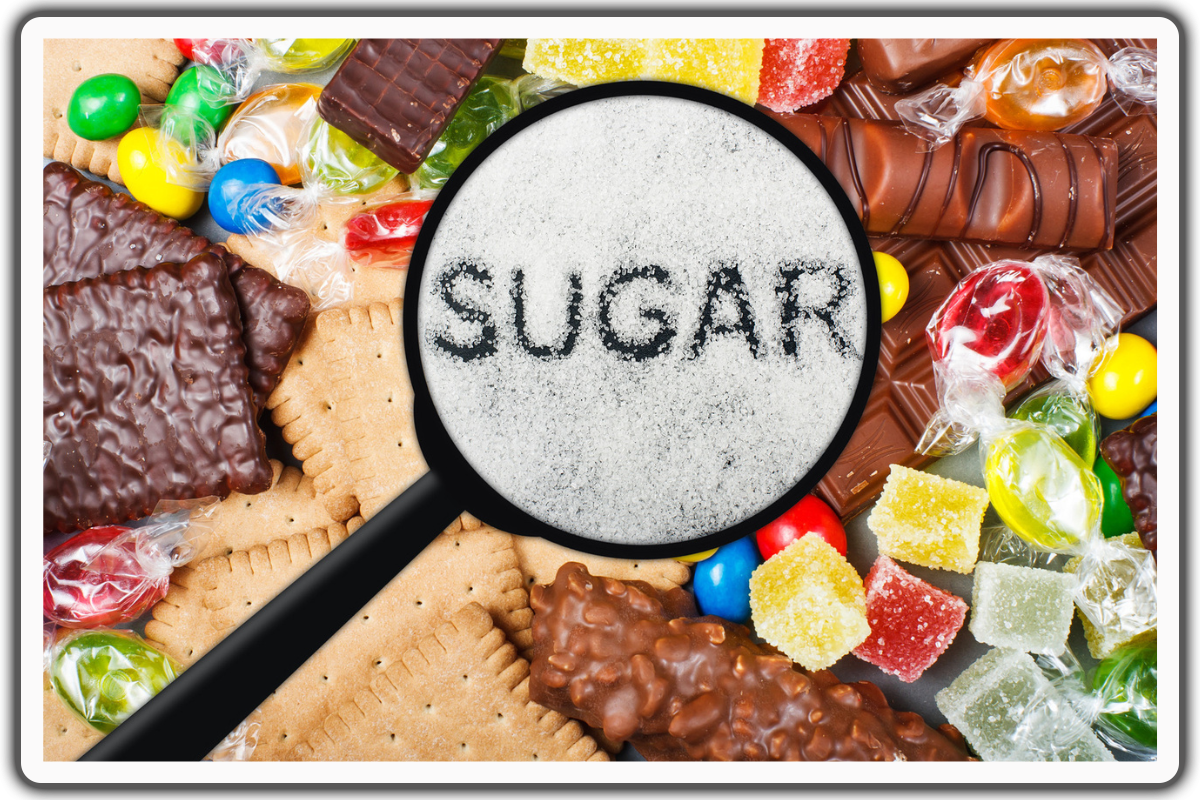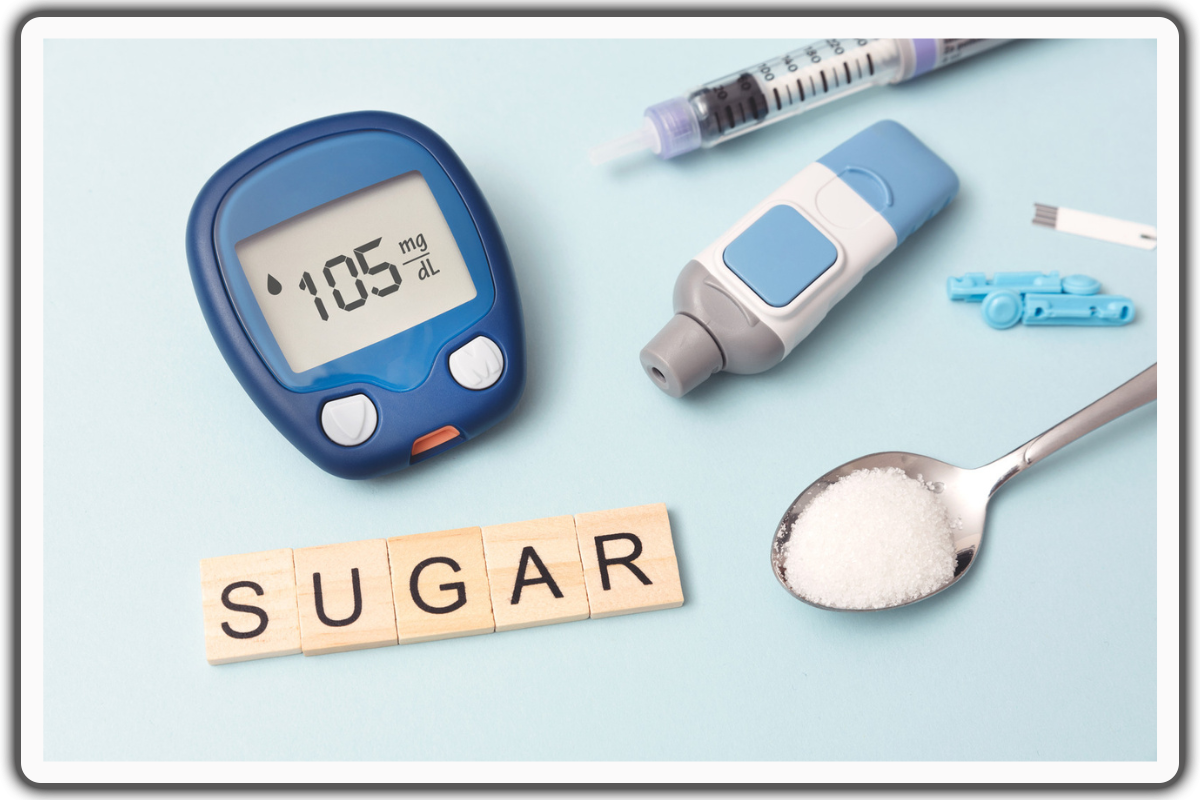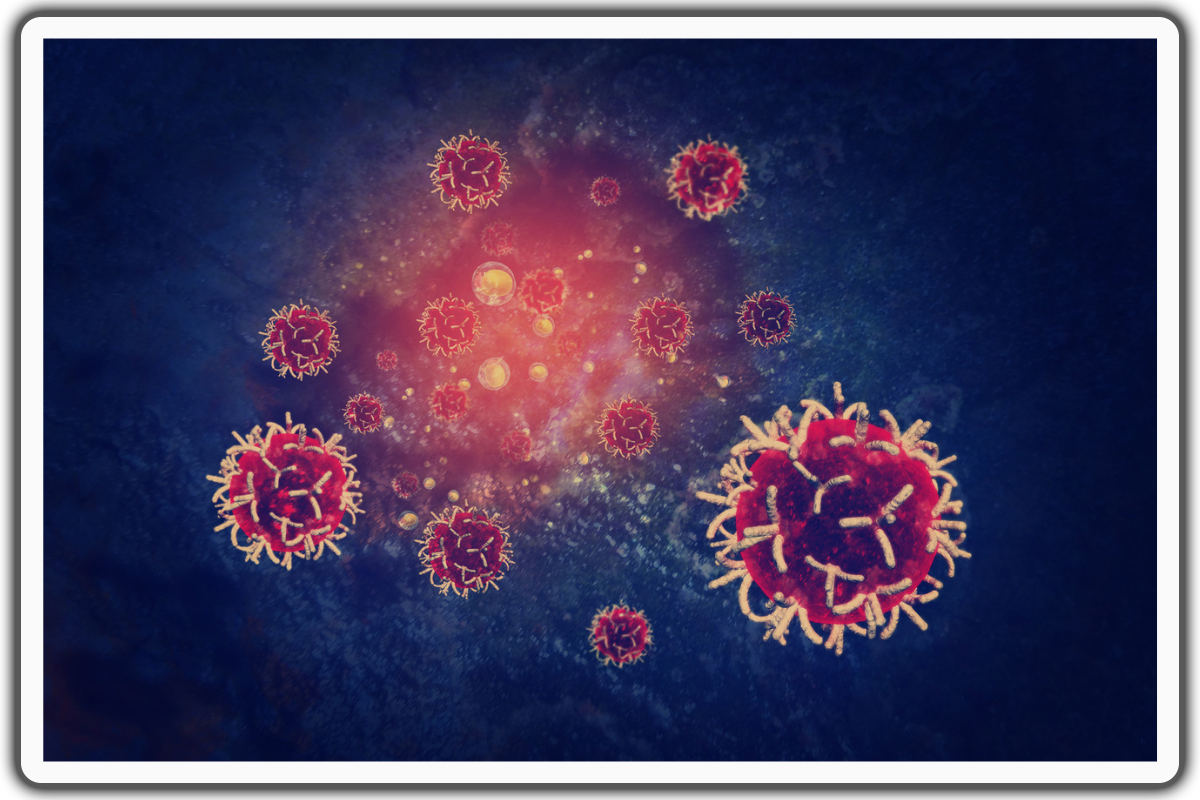
Understanding the Risks of Sugar Overdose: What You Need to Know
Sugar, sweet and addictive, seems harmless but hides serious health risks. In a world where sugary treats are ubiquitous and aggressively marketed, it's easy to fall into the trap of sugar overdose. The main focus of this article is to bring to light the potential dangers that can arise from consuming high amounts of sugar, emphasizing the significance of maintaining a balanced intake.
Understanding the risks of sugar is vital in a society that often overlooks the negative impacts of excess sugar intake for better health and well-being.
What is sugar overdose?

Consuming an excessive amount of sugar in a brief timeframe can overwhelm the body's metabolic capabilities, leading to a sugar overdose. This condition triggers immediate symptoms like energy slumps, headaches, nausea, irritability, and sometimes confusion or dizziness due to a surge in blood glucose levels. Over time, habitual overconsumption of sugar can pave the way for grave health issues, such as obesity, type 2 diabetes, heart conditions, and dental troubles.
Sugar overdose encompasses not only refined sugars but also the sugars present in processed foods and drinks, as well as natural sugars when ingested excessively without dietary balance, highlighting the importance of moderation and mindful eating.
Understanding the threats of consuming too much sugar
Is sugar overdose possible?
You may be wondering if you eat sugar a lot, can it lead to an overdose? While a sugar overdose may not immediately bring to mind the same image as a drug overdose, it is indeed possible to consume excessive amounts of sugar that can have detrimental effects on your health. When we talk about sugar overdose, we refer to the consumption of such high quantities of sugar that it exceeds the recommended daily intake and poses risks to your overall well-being.
Too much sugar side effects
Consuming high amounts of sugar can cause detrimental effects on our well-being both in the short and long term. The immediate impact of excessive sugar consumption is a sudden rise in blood sugars, causing a rapid insulin release from the pancreas. This can result in irritability, fatigue, and difficulty concentrating. In the long run, excessive sugar intake has been linked to various health problems, such as obesity, diabetes, heart disease, and even cancer. Therefore, eating sugar moderately, keeping track of sugar intake, and maintaining a healthy diet are essential to ensure our overall well-being.
Can you die from a sugar overdose?
But can you die from a sugar overdose? While it is doubtful to die from consuming too much sugar in one sitting, long-term extreme sugar intake can advance the development of chronic diseases that can be life-threatening. Recognizing the potential risks and managing your sugar intake to safeguard your health is essential.
Can sugar overload cause diarrhea?
Furthermore, sugar overload can cause digestive issues such as diarrhea. Consuming a large amount of sugar, especially in the form of sugary beverages or treats, can overwhelm your digestive system. Excessive sugar can draw water into your intestines, leading to loose stools and an upset stomach. It is essential to be mindful of your sugar consumption to avoid these uncomfortable digestive symptoms.
What does a sugar overdose feel like?
So, what does a sugar overdose feel like? While the experience may vary from person to person, some common symptoms of consuming too much sugar include feelings of lethargy, headaches, mood swings, increased thirst, and frequent urination. Find yourself experiencing these symptoms after consuming a high-sugar meal or snack. It may indicate that you have exceeded your body's tolerance for sugar.
Sugar overdose symptoms
Recognizing the signs of excessive sugar consumption
The symptoms of sugar overdose can manifest in various ways, both physically and mentally. Here are some common signs that you may have consumed too much sugar:
Fatigue
Extreme sugar consumption can lead to a sudden boost in energy followed by a burst, leaving you tired and lethargic.
Increased thirst
High sugar intake can cause dehydration as your body tries to remove the excess sugar through increased urine output.
Frequent urination
When your blood sugar levels exceed normal, your kidneys go into overdrive to remove the excess sugar through urination.
Weight gain/Obesity
Sugar, when consumed excessively, can contribute to weight gain because it's calorie-dense. The body stocks excess sugar as fat, leading to gradual weight gain over time.
Consuming sugar foods and beverages can cause weight gain, especially with a sedentary lifestyle. Additionally, excessive sugar intake can disrupt hunger and satiety signals, leading to overeating and further contributing to weight gain.
Mood swings
The quick rise and fall of high blood pressure and sugar levels can affect your mood, leading to irritability anxiety, and even depression.
Skin issues
Excessive sugar intake can worsen skin conditions like acne and contribute to premature aging due to glycation, where sugar molecules connect to collagen and elastin fibers, making them stiff and less supple.
Increased cravings
Consuming a lot of sugar can activate a cycle of cravings, making it hard to control your intake and leading to a vicious cycle of sugar dependency.
It is essential to be aware of these symptoms and monitor your sugar consumption to prevent the adverse effects of sugar overdose.
Health risks associated with sugar overdose
Understanding the long-term consequences of excessive sugar consumption
Eating too much sugar has been associated with a myriad of health risks, both short-term and long-term. Let's explore the impact of sugar overdose on your overall well-being.
Obesity

One of the most well-known risks associated with excessive sugar consumption is obesity. Consuming sugary foods and beverages can cause weight gain, especially with a sedentary lifestyle. Additionally, excessive sugar intake can disrupt hunger and satiety signals, leading to overeating and further contributing to weight gain.
Diabetes

The link between sugar consumption and the development of type 2 diabetes is well-established. When you consume too much sugar, especially in the form of refined carbohydrates, it can cause a rapid rise in blood sugar levels. over time, this can channel to insulin resistance, a condition in which your body becomes less reactive to the hormone insulin, resulting in elevated blood sugar levels and an increased danger of diabetes.
Heart disease

Increased sugar intake has also been associated with an advanced risk of heart disease. High sugar consumption can cause elevated triglyceride levels, increased blood pressure, and inflammation, all risk factors for cardiovascular disease. Additionally, a diet high in added sugars often means a diet low in essential nutrients, which can further contribute to poor heart health.
Cancer

While the link between sugar consumption and cancer is still being studied, there is evidence to suggest that a high-sugar diet may increase the threat of certain types of cancer, including breast, colon, and pancreatic cancers. Excessive sugar intake can contribute to obesity, chronic inflammation, and insulin resistance, all of which are factors that can promote cancer development.
Excessive sugar consumption poses significant risks to your health. Reducing sugar intake and choosing a healthier diet can help mitigate these dangers and improve overall well-being.
How to avoid sugar overdose
Now that we understand the dangers of sugar overdose, let's explore some practical tips and strategies to help you manage and reduce your sugar intake without feeling deprived.
Read Food Labels
Be aware of the ingredients list and nutrition facts panel on packaged foods. Look for hidden sugars listed under different names, such as high fructose, dextrose, corn syrup, and sucrose. Avoid products with too much-added sugar or sugars high on the ingredients list.
Choose whole foods
Opt for whole, unprocessed foods whenever possible. Vegetables, fruits, lean proteins, and whole grains provide essential nutrients in many processed foods without added sugars.
Cook at home
By preparing meals at home, you can control the ingredients and choose healthier alternatives to sugar. To satisfy your sweet tooth, experiment with natural sweeteners like honey, maple syrup, or mashed fruits.
Limit sugary beverages
Sugary drinks like sodas, fruit juices, and energy drinks significantly increase sugar overload. Replace these beverage with water, unsweetened tea, or infused water for a refreshing and sugar-free hydration option.
Be mindful of condiments and sauces
Many condiments, such as ketchup, barbecue sauce, and salad dressings, contain hidden sugars, Opt for homemade versions or low-sugar alternatives to reduce your overall sugar intake.
Practice portion control
It's not just about what you eat but how much you eat. Pay attention to the portion sizes, especially when it comes to sugary treats. Savor each bite and enjoy them in moderation.
Find healthier alternatives
Satisfy your cravings with healthier options instead of reaching for sugary snacks. Choose fresh fruit, unsalted nuts, or Greek yogurt with a drizzle of honey to fulfill your sweet tooth while nurturing your body with the necessary nutrients.
By enforcing these tips into your lifestyle, you can take proactive steps towards managing your sugar intake and reducing the risks of sugar overdose on your health.
How long does a sugar overdose last?
The duration of a sugar overdose varies depending on the individual and the amount of sugar consumed while small amounts can have longer-lasting effects. it can take several hours for the body to process and metabolize the sugar. During this time, the individual may experience fatigue, irritability, difficulty concentrating, and increased thirst.
How to treat sugar overdose
If you suspect you have consumed too much sugar and are experiencing symptoms of a sugar overdose, there are a few steps you can take to help your body recover.
Hydrate
Drink plenty of water to help flush out the excess sugar from your system. Avoid sugary drinks, as they will only further increase your sugar intake.
Eat a balanced meal
Prioritize consuming a balanced meal with lean protein, healthy fats, and complex carbohydrates. This will help your body's sugar levels back to normal and give your body the nutrients needed to recover.
Get active
Physical activity can help your body metabolize the excess sugar more efficiently. Go for a walk, do some light exercise, or engage in activities that get your body moving.
Monitor your symptoms
Pay attention to how you feel and monitor any symptoms you may be experiencing. if your symptoms persist or worsen, it is essential to seek medical attention.
The role of sugar in a balanced diet
While excessive sugar consumption poses significant health risks, it's important to note that sugar does have a place in a balanced diet. Natural sugars in fruits and vegetables provide essential vitamins, minerals, and fiber. The addition of sugars found in processed foods and beverages should be limited.
The World Health Organization recommends that added sugars should make up no more than 10% of our daily calorie intake. For most adults, this equates to around 50 grams or 12 teaspoonfuls of added sugars daily. By being mindful of our added sugar intake and making conscious choices, we can enjoy the occasional sweet stuff while maintaining a balanced diet.
Understanding food labels and hidden sugars
Reading food labels is crucial in identifying hidden sugars in processed foods. However, it can take time to decipher the information provided. Here are some tips to help you navigate food labels and make informed choices:
Check the ingredients list
Ingredients are detailed in descending order by weight. If sugar or any other sweetener is listed as one of the first few ingredients, it indicates a high sugar content.
Look for hidden names
Sugar is listed under various names, such as high fructose corn syrup, maltose, dextrose, and sucrose. Familiarize yourself with these names to identify hidden sugars more efficiently.
Consider the serving size
Pay attention to the serving size on the label. Sometimes, the sugar content may seem low, but the serving size is smaller than what you would typically consume sugar.
Calculate the sugar content
Use the nutrition facts panel to know the sugar content per serving. Remember, 4 grams is equivalent to 1 teaspoon of sugar.
Tips for reducing sugar consumption
Reducing your sugar intake may seem daunting, but with the right strategies, it can be achievable. Here are some tips to help you reduce your sugar consumption:
Gradual reduction
Start by gradually decreasing your intake rather than cutting out sugar completely. This allows you to adjust and makes the transition easier.
Choose unsweetened options
Opt for unsweetened versions of products such as yogurt, oatmeal, and beverages. Add natural sweeteners like fresh fruit juice or honey if desired.
Control portion sizes
Be mindful of portion sizes when consuming sweet treats. Enjoy them in moderation rather than indulging in large servings.
Keep alternatives on hand
Explore sugar alternatives such as stevia, monk fruit, or erythritol. These can be used in baking and cooking as a substitute for sugar.
Sugar alternatives and healthier sweeteners
To reduce sugar intake, various sugar alternatives and healthier sweeteners are available. Here are a few options to consider:
Stevia
Stevia is zero calories and a natural sweetener. It does not raise blood sugar levels. It can be used in baking and beverages as a sugar substitute
Monk fruit
This is a small green melon-like fruit native to Southeast Asia. It is a natural, calorie-free sweetener that can be a good alternative to commercial sugar.
Erythritol
Erythritol is a sugar alcohol that is natural in fruits and fermented foods. It has fewer calories than sugar and does not significantly impact blood sugar levels. It can be used as a substitute for sugar in baking and cooking.
Date paste is made by blending dates with water until smooth. it can be a natural sweetener in baking and Date Paste
Cooking, providing a rich and caramel-like flavor.
Remember, while these alternatives may be healthier that refined sugar, consuming them in moderation is still essential as part of a balanced diet.
Conclusion
Understanding the risks of sugar overdose is essential for maintaining good health. Increased sugar intake can lead to diabetes, obesity, heart disease, and other severe health conditions. By being mindful of sugar intake, reading food labels, and making conscious choices, we can reduce our risk of sugar overdose and enjoy a healthier lifestyle. Incorporate whole foods, choose more nutritive alternatives, and gradually reduce your sugar intake for long-term health benefits. Remember, a little sweetness is okay, even sugar-sweetened beverages, but moderation is key. Take control of your sugar intake, and your body will thank you.
